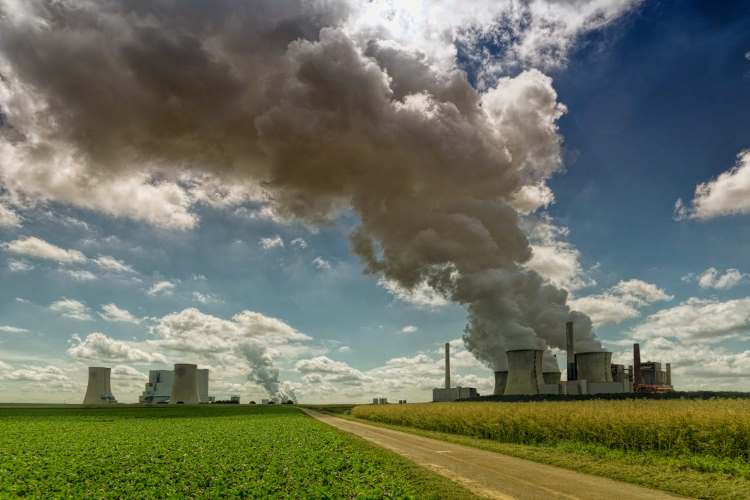
Union finance minister Nirmala Sitharaman recently made a call for focused dialogue on sustainable development finance. Speaking at the Global Sovereign Debt Roundtable, she highlighted the urgent need for funds to help countries manage debt without compromising critical investments. She warned against relying on contingency financing instruments, as these could defer debt obligations and potentially aggravate future debt issues.
In August, Sitharaman had stressed on the lack of adequate sustainable development finance, a gap that hampers developing economies in achieving the Sustainable Development Goals. She highlighted the urgency of addressing this $4 trillion annual financing shortfall.
READ | Explained: What is Namo Drone Didi scheme
Platforms for sustainable development finance
Co-chaired by the IMF, World Bank, and the G20 presidency — currently held by Brazil — forums like the GSDR provide essential avenues for emerging markets like India to build investor trust and mobilise funds. The GSDR fosters communication among debtor nations and creditors, facilitating a deeper understanding of debt sustainability and restructuring challenges, along with actionable solutions.
The concept of sustainable development finance gained momentum after the Paris Agreement, which set global climate goals. Although “sustainable development” was introduced by the Brundtland Commission in 1987, progress toward securing necessary finance has lagged. Massive investments are essential to achieve the SDGs, requiring a global effort to align financial flows with economic, social, and environmental priorities, as outlined by the United Nations. The 2015 Addis Ababa Action Agenda also emphasised that trillions of dollars in funding are needed for this transformation.
Amid global challenges like climate change, poverty, and inequality, sustainable finance is critical for a balanced future that combines economic growth with social progress and environmental protection. This urgency is particularly acute for countries like India, which are on the frontline of climate risks. Emerging economies often face additional challenges such as socio-economic inequality and higher costs for renewable energy due to macroeconomic pressures and perceived risks, furthering the need for support from global forums.
Stalled progress and financing gaps
Despite ambitious SDG targets, implementation in developing countries is faltering, with some indicators even declining. Sitharaman noted that the annual SDG financing gap for developing nations is estimated at $4 trillion. Furthermore, recent global instability disproportionately affects the Global South. A recent World Bank report highlights that one-quarter of developing countries will end the year poorer than they were before the pandemic.
The UN’s Financing for Sustainable Development Report (FSDR) identifies financing challenges as central to the current sustainable development crisis—a critical issue for countries like India. In response, UN Secretary-General António Guterres recently advocated for an SDG Stimulus of at least $500 billion to increase accessible, long-term financing for development.
While the current international financial architecture provides some support, it falls short of being a comprehensive safety net. Sitharaman reiterated the need for a fundamental overhaul of multilateral development banks to better enable fund mobilisation, helping developing countries achieve their goals and address global challenges.
Geopolitical conflicts and sustainable development finance
Ongoing conflicts in Europe and the Middle East have dampened global enthusiasm for low-carbon initiatives. Amid slower economic growth, the global focus has shifted away from sustainability, as other pressing issues have taken precedence. Additionally, no corporate or national entity is likely to surrender low-cost energy or competitive advantage amid current pressures, let alone contribute to climate funding. Yet, according to the World Economic Forum, private capital is essential to bridge the gap in development and climate financing.
As the Global South, with limited resources to adapt to natural catastrophes, requires more financial support, it falls on developed nations to contribute and address historical imbalances. The Global North, responsible for the majority of cumulative greenhouse gas emissions, must recognise its duty to support sustainable development and climate action. If the developed world is sincere about its environmental commitments, it is time to back words with action and help end climate colonialism.
